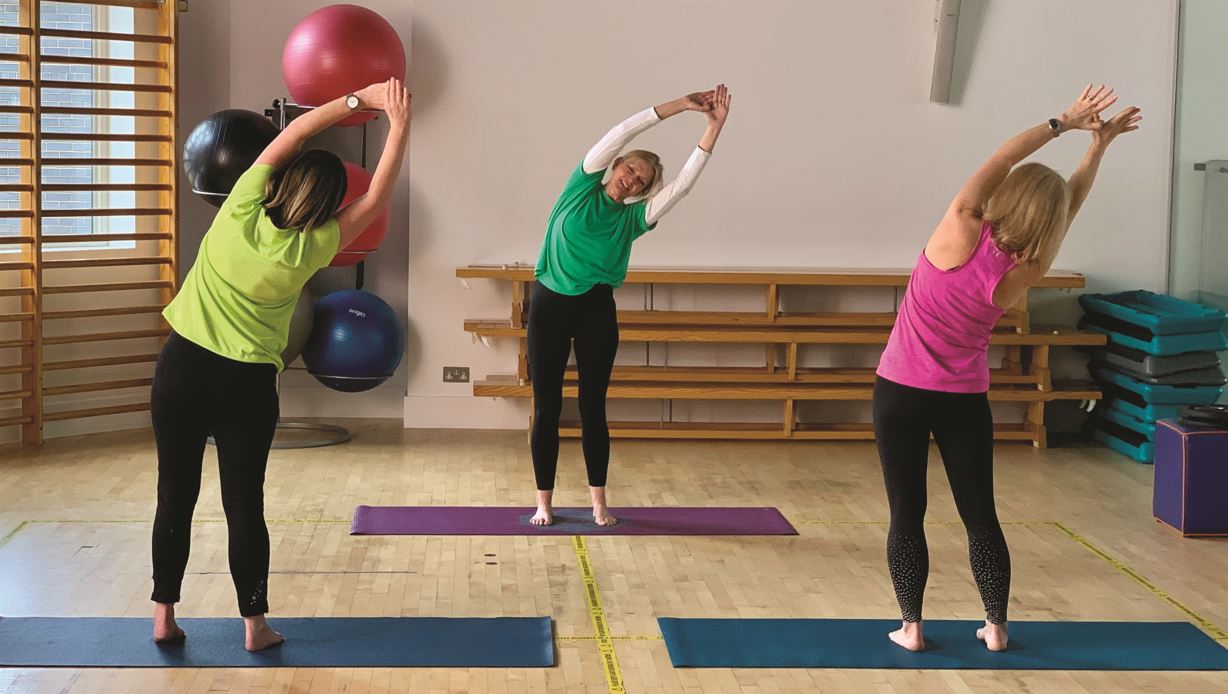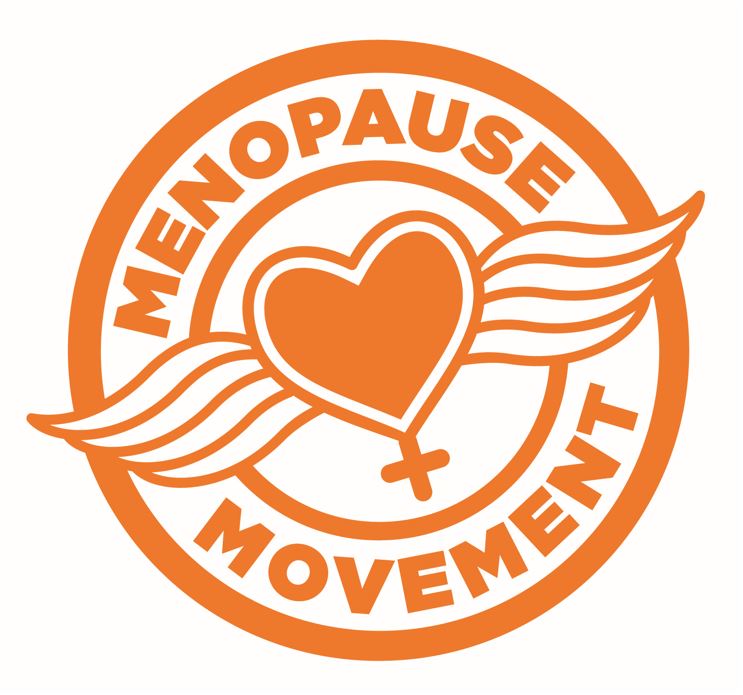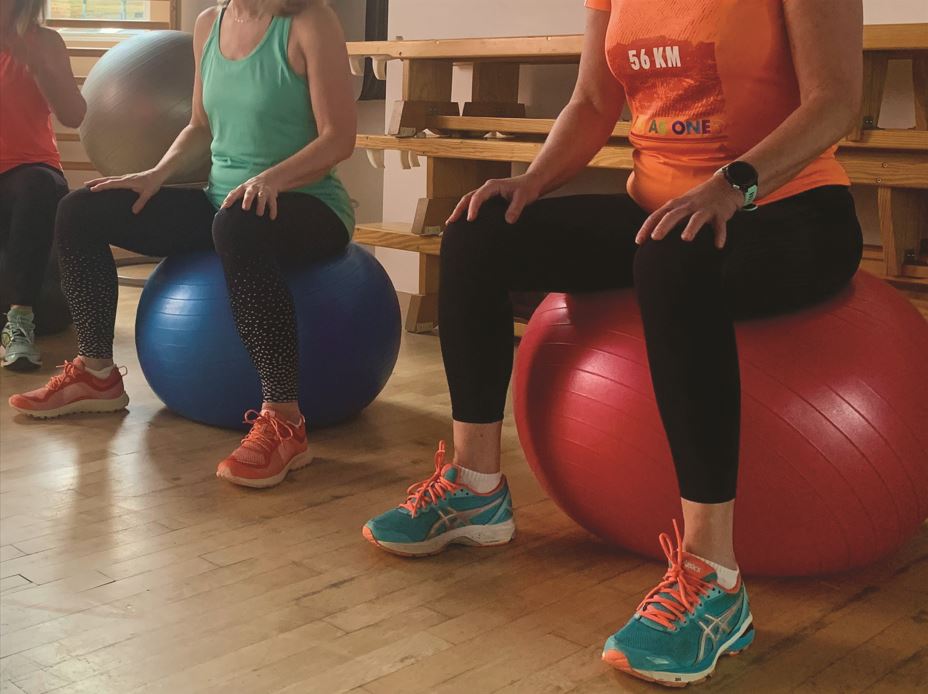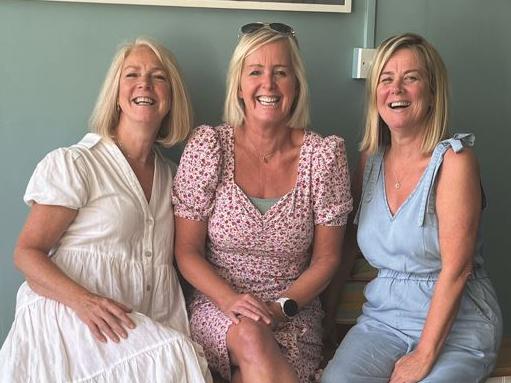
The health professional and exercise champion who is on a mission to get women fitter and stronger to improve their experience of menopause.
Menopause is in the media spotlight more than ever before, yet despite this, many women are unaware of the symptoms that can assault them during this stage of life and are unprepared for how the menopause can impact their mental and physical wellbeing. Christien Bird, a seasoned women’s health physiotherapist and exercise champion, was no different. “A lot of women feel rubbish but they don’t know it’s because of the menopause. Even as a health professional, the menopause took me by surprise, so I started researching what happens to women during menopause for myself, my family and friends and also my patients.” Bird’s research uncovered a worrying amount of disinformation and a lack of evidence-based training around menopause. This discovery set her on a path that seven years on would see her launch Menopause Movement along with Jo McEwan and Ann Stephens, founders of another menopause business PositivePause. Driven by a shared belief in the power of exercise in menopause, the three ‘passionate menopause warriors’ launched Menopause Movement in 2021 to provide specialist online training for health practitioners, fitness professionals and organisations to treat and train women in menopause. “Drawing from a range of multi-disciplinary perspectives, our training allows health and fitness professionals to build their knowledge and expertise so they can work with women, share the latest information, clarify myths and ultimately help improve women’s experience of menopause.” In addition to the training, Menopause Movement offers a community where health and fitness professionals can connect with others, share experience, best practice and access ongoing training.
Move through Menopause
Places Leisure recently partnered with Menopause Movement to develop its inaugural Move through Menopause course. Funded by Wyre Forest District Council via the National Leisure Recovery Fund, the 12-week course aims to give women a better understanding of the menopause, what happens during each stage and how exercise can help improve symptoms and quality of life. Each 90-minute session covers a different menopause related topic and includes a fitness activity, ranging from time in the gym, to table tennis or a taster group exercise class. The course aims to give women the knowledge and tools to make the menopause a more positive experience and provides an opportunity to share and learn from like-minded people. “It took just one meeting with Places Leisure to realise that we shared the same values and were aligned in wanting to reach a wider audience of women. Awareness of the menopause is much better among the middle classes, but Places Leisure has a wide social economic demographic it can access.” Following the completion of the course, Places Leisure and Menopause Movement will collaborate to assess its impact. The company is also working with other health and fitness providers as well as women in the police and in active service.
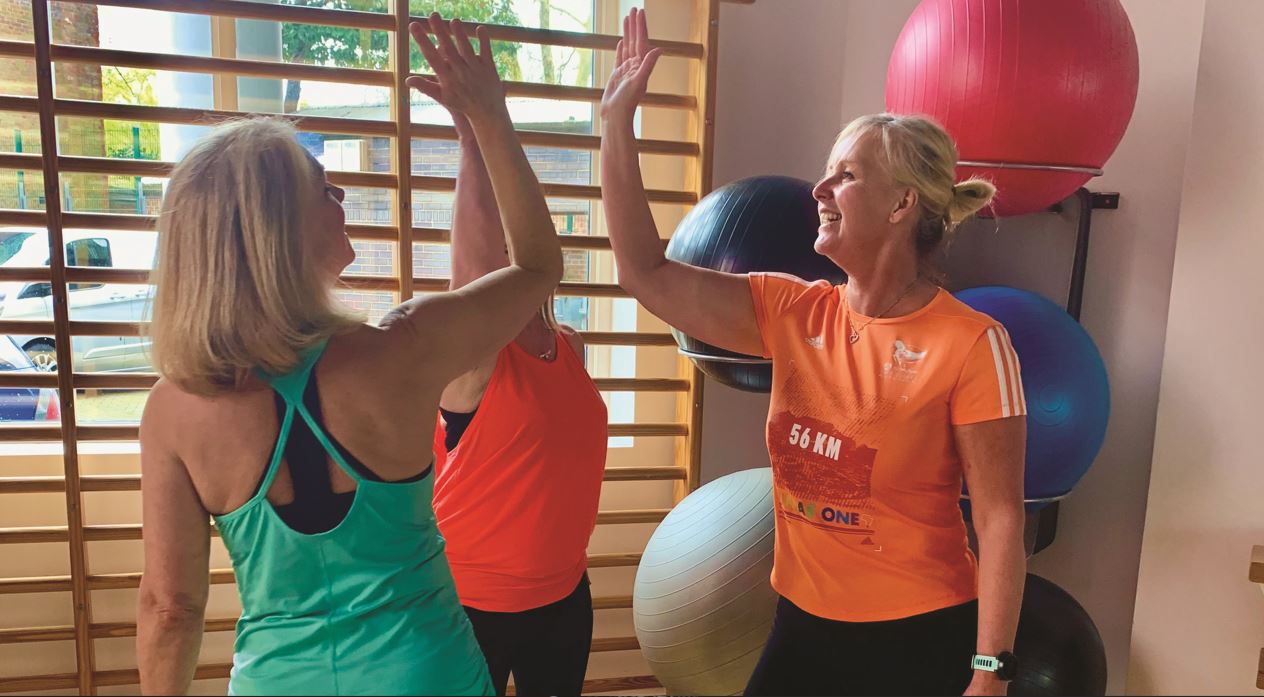
Dropping out of exercise
Affecting 51 per cent of the population, menopause is hardly niche, yet it is woefully underserved by the health and fitness sector. But it makes business sense to target this demographic, says Bird. “Menopause is a fast-growing population group and once you hook them in, you stand a good chance of keeping them for life. They have more spending power than younger demographics and they are an interesting group to work with.” They’re also a willing audience. “Research by Women in Sport shows that women in menopause want to be active, but they need support. We know the desire is there, we just need to find a way to get women moving.” Published in 2018, Women In Sport’s Menopause, Me and Physical Activity report found that women’s perceptions of menopause can influence how they engage with physical activity. Just under a third of women drop off from physical activity during menopause, yet the desire to be active is high. The study found that menopause symbolized a loss of health, fertility, youth, and femininity for some women. The social stigma associated with this loss, increased women’s fear of judgement in sport and exercise environments where they felt more vulnerable. Some women became isolated and withdrawn, resulting in reduced social support from friends and family to be active. Women often experience a lack of control during this life stage and many of the symptoms of menopause make it more challenging for women to exercise – they don’t sleep well, they experience hot flushes, they lose body confidence etc. “We need to make a real commitment to removing the barriers to exercise. For example, if a woman leaks while she runs, she is generally advised to stop running. Instead, we should teach her how to run without leaking. Women may not feel comfortable going to a gym because they feel they are too unfit or overweight. We need to take away these fears and provide safe and judgement-free environments where women can exercise,” says Bird. “Evidence shows that physical activity has so many benefits for women going through menopause, from maintaining muscle mass, bone mass and strength to improving cardiovascular health. It can help women to manage their symptoms and improve their mental health. It really is non-negotiable. We need to get women fitter and stronger in menopause.”
